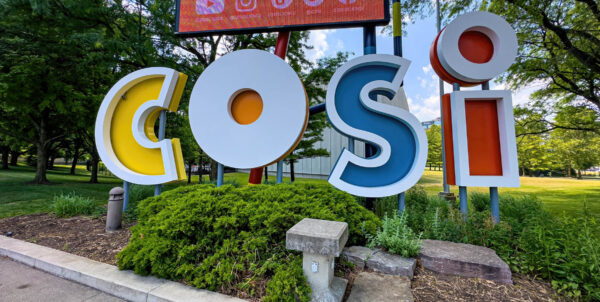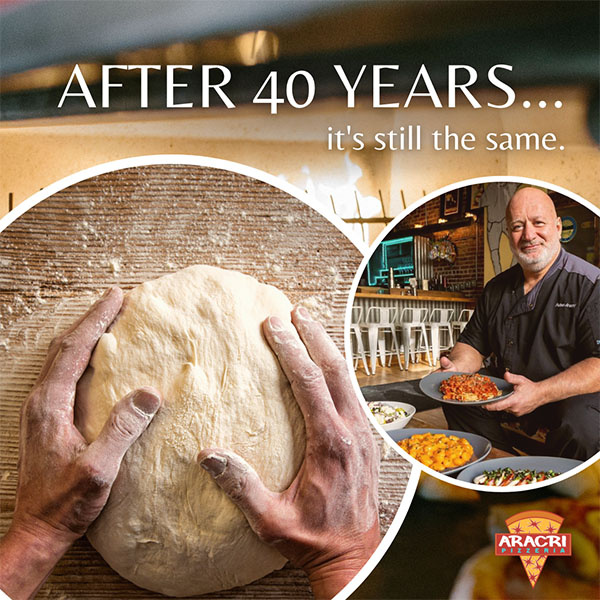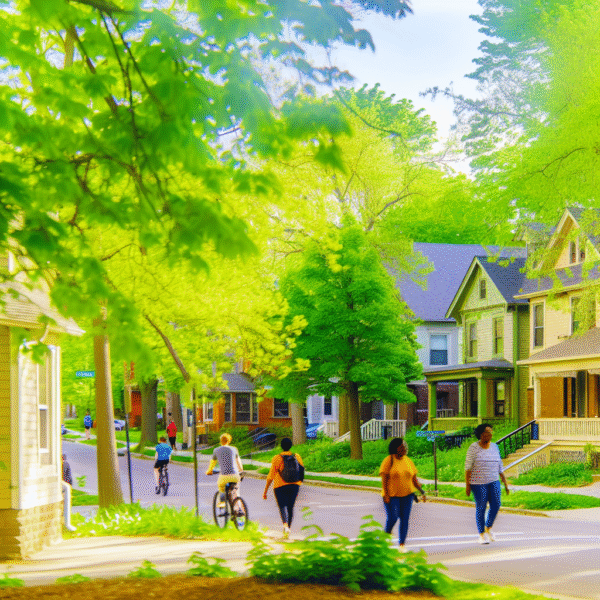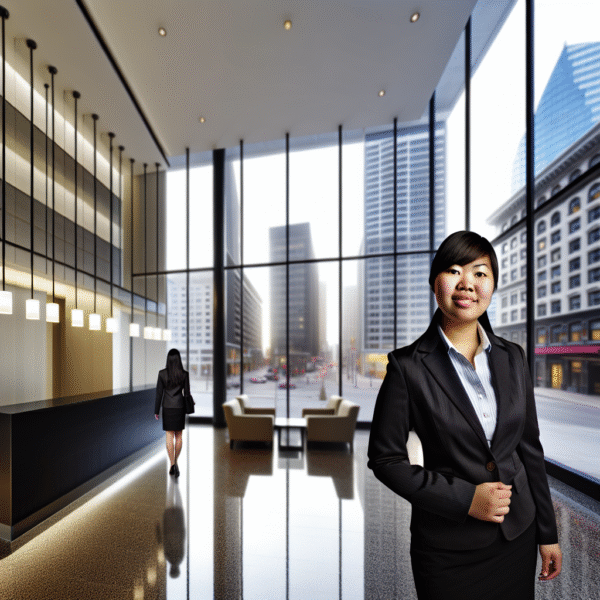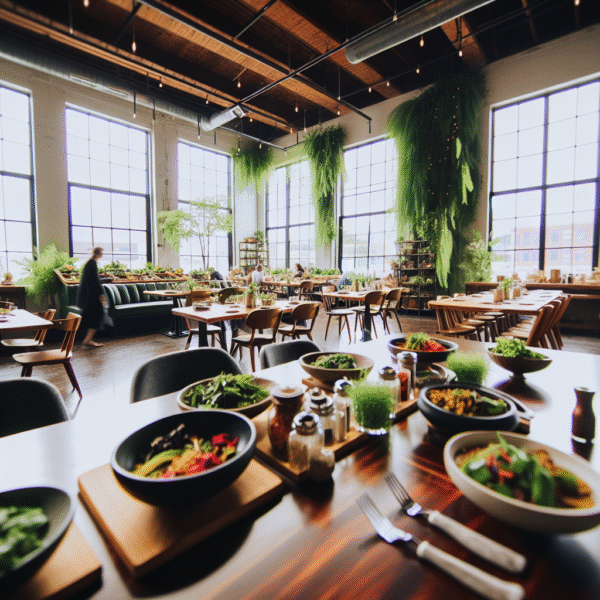Tracing the Roots: An Immersive Introduction to Columbus Ohio History
Columbus Ohio history begins long before its modern skyline took shape, offering a layered story full of pioneering spirit, cultural milestones, and enduring landmarks. From ancient Native American communities and Civil War battlegrounds to the industrial revolution and civil rights era, the city’s past is alive in its neighborhoods, museums, and streets. Whether you’re a weekend visitor, curious local, or avid history buff, Columbus delivers unforgettable experiences that educate and inspire.
Wander the Brick Streets of Historic German Village
One of the most picturesque windows into Columbus Ohio history is German Village, a vibrant neighborhood where 19th-century architecture and cobbled streets transport you back in time. Originally established by German immigrants in the mid-1800s, the area remains deeply rooted in its cultural heritage.
Stroll through Schiller Park, where performances and peaceful picnics take center stage, and don’t miss The Book Loft, a literary labyrinth in a pre-Civil War building. To understand how German Village survived mid-20th-century urban renewal, stop by the German Village Society’s Meeting Haus for insightful walking tours and exhibits.
Travel tip: Arrive early to enjoy the scent of fresh baked goods from Schmidt’s Sausage Haus, a local institution serving traditional German fare since 1886.
Step Into the Past at the Ohio History Center
A core destination to explore Columbus Ohio history is the Ohio History Center, located just north of downtown. Managed by the Ohio History Connection, this museum hosts expansive exhibits tracing the state’s timeline—from early Indigenous cultures to 20th-century transformations.
Step outside to Ohio Village, a reimagined 19th-century town brought to life by interpreters in period attire. Activities range from candle making to Civil War reenactments and 1880s baseball games. Inside, artifacts from the Adena and Hopewell cultures captivate visitors, along with a compelling gallery on Ohio’s role in the Underground Railroad.
Plan ahead: Admission is free on the first Sunday of each month—perfect for families looking to delve deep into state history without breaking the bank.
Unearth Hidden History in Downtown Columbus
Don’t let the glass towers fool you—downtown holds some of the richest stories in Columbus Ohio history. Start at the magnificent Ohio Statehouse, completed in 1861 and still serving as the seat of Ohio’s government. Daily tours offer insight into its Greek Revival architecture and Civil War memorials, including the Battle of Buffington Island monument.
Next, visit the Thurber House, once home to writer and cartoonist James Thurber. A few blocks away, the Kelton House preserves the legacy of abolitionists who helped escaped slaves on the Underground Railroad—an essential chapter in Ohio’s complex historical narrative.
Franklinton: Columbus’ Original Settlement
To witness the birthplace of Columbus Ohio history, explore Franklinton. Established in 1797 by Lucas Sullivant, it was the city’s first settlement and remains a cultural crossroads of past and present. With creative spaces nestled between historic landmarks, the area offers a unique blend of old and new.
Engage with local history at the Mount Carmel Medical Museum and the Harrison House—Franklinton’s oldest residential structure and now a modest museum. The recently developed Scioto Peninsula greenway and Dorrian Green Park offer sweeping views of downtown while connecting visitors to Franklinton’s frontier roots.
Cultural tip: Join monthly art walks at The Vanderelli Room or 400 West Rich for an evening where local creativity meets historical legacy.
Explore Historic Cemeteries and Story-Filled Greenspaces
Graveyards often serve as some of the most compelling storytellers, and Columbus Ohio history is vividly told in these quiet sanctuaries. Walk through Green Lawn Cemetery, established in 1848, where lush trails pass the tombstones of governors, veterans, and artists.
Nearby, Camp Chase Confederate Cemetery honors over 2,000 Southern soldiers who died in captivity during the Civil War, offering a powerful contrast in a Northern state. For a more interpretive space, visit Topiary Park, a sculpted landscape inspired by Seurat’s famous painting. This former site of the Ohio School for the Deaf beautifully reflects the state’s educational legacy.
Capitol Square: Political Heritage at Its Core
Columbus Ohio history converges in Capitol Square, anchored by the Statehouse and surrounded by monuments honoring political leaders and social change. The Lincoln & Soldiers Monument and the McKinley Memorial provide context to Ohio’s national influence—from the Civil War to the dawn of American imperialism.
Just steps away, the Rhodes State Office Tower treats visitors to panoramic views from its public observation deck. The surrounding sidewalks offer even more markers recognizing Ohio’s trailblazing roles in women’s rights and labor justice.
Dining tip: Refuel at Café Phenix, a mid-century inspired eatery popular with politicians and pedestrians alike. Their seasonal soup offerings change often but never disappoint.
Visit The Oval and University District Heritage
The Ohio State University campus tells its own chapter of Columbus Ohio history. Founded in 1870, OSU has powered innovations across science, politics, and education. The west end of The Oval features landmark buildings like Orton Hall and University Hall—both examples of enduring academic architecture.
Wander beneath tree-lined paths on “The Long Walk” to the iconic Wexner Center for the Arts. Nearby, the King Avenue neighborhood boasts historic homes that once housed influential faculty and reformers, offering a quieter exploration of the university’s legacy.
Hidden gem: Beanies Coffee on Neil Avenue serves up rich history alongside its espresso. Don’t miss their rotating exhibits of Ohio State memorabilia and local campus lore.
Plan Ahead for Living History Events
For dynamic ways to engage with Columbus Ohio history, time your visit to coincide with annual heritage events. Each October, the Ohio History Connection’s All Hallows’ Eve transforms Ohio Village into a ghoulish 1860s celebration complete with storytellers, lantern-lit paths, and historically accurate costumes.
Additional events, from Civil War reenactments to immigrant heritage festivals, ensure Columbus offers hands-on opportunities to experience its past firsthand. These experiences merge theatricality and scholarship, making history feel current, tangible, and fun for all ages.

